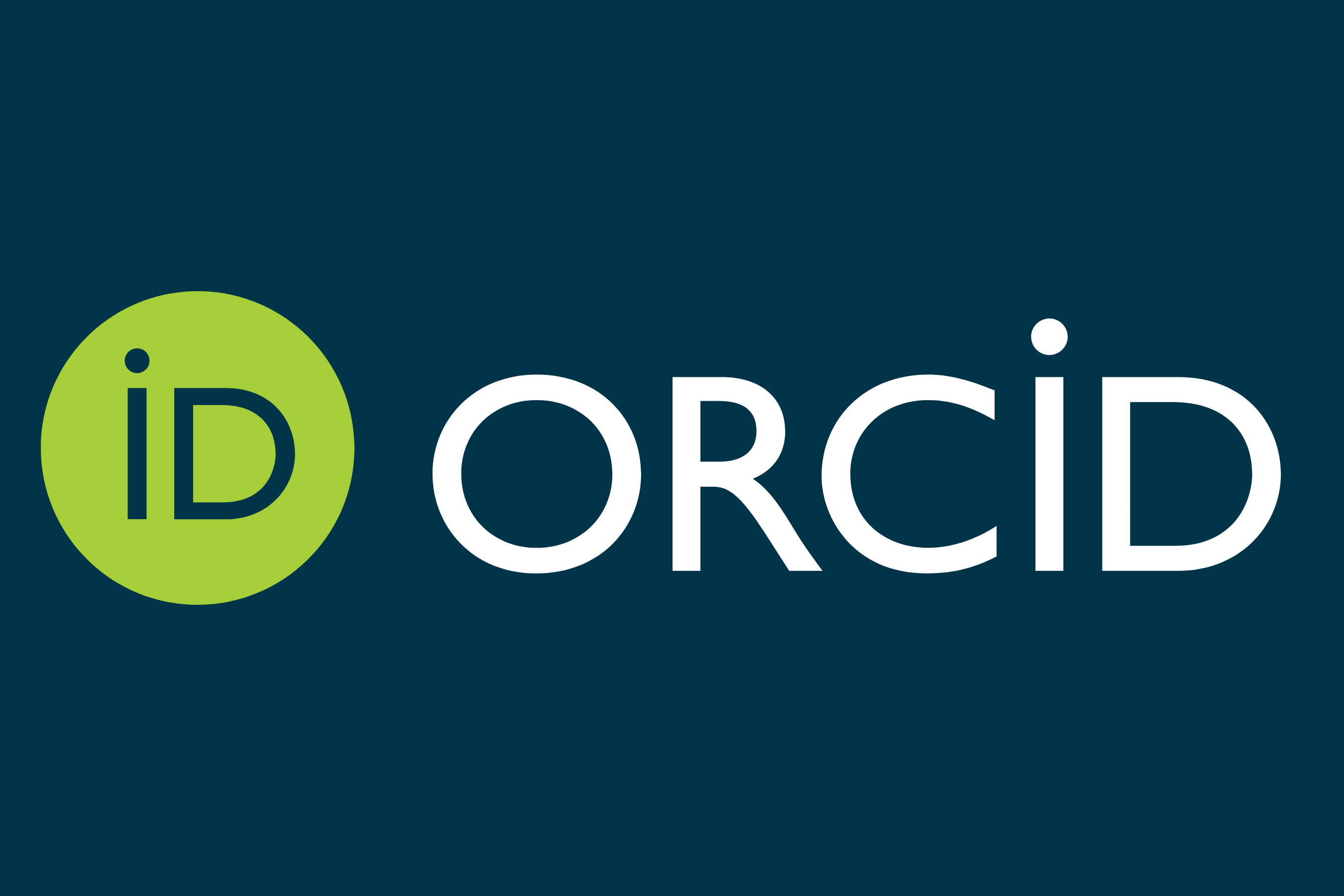Smart leadership and its impact on achieving sustainable development: an applied study in Babylon Business Incubator
DOI:
https://doi.org/10.31272/jae.i145.1277Keywords:
Smart leadership, , sustainable development .Abstract
The current era is characterized by rapid technological progress, economic complexities and environmental challenges. The concept of smart leadership has emerged as a crucial driver in the pursuit of sustainable development. Therefore, the current research attempts to explore the impact of smart leadership in achieving sustainable development goals. To achieve the research objectives, the researchers distributed a questionnaire to employees of the Babylon Business Incubator. (30) questionnaires were obtained that were valid for statistical analysis. The data were analyzed using the advanced statistical program Smart PLS V.4. The research reached a set of conclusions, the most important of which are: Smart leadership affects the achievement of sustainable development by directing the Babylon Business Incubator towards projects that rely on renewable energy, circular economy practices, social innovation and community empowerment, as smart leaders work to stimulate positive environmental, economic and social impacts while enhancing organizational competitiveness and flexibility. The research also reached a set of recommendations, the most important of which is that the concerned organization should develop smart leadership capabilities among project owners, which contributes to achieving sustainable development.
References
[1] Chang, A. Y., & Cheng, Y. T. (2019). Analysis model of the sustainability development of manufacturing small and medium-sized enterprises in Taiwan. Journal of cleaner production, 207, 458-473.
[2] Coleman, D. ,Boyatzis, R. & McKee, A. (2002) Primal Leadership. Realizing the Power of Emotional Intelligence. Harward Business School Press. Boston.
[3] Daderman, A. M., Ronthy, M., Ekegren, M., & Mardberg, B. (2013). “Managing with my heart, brain and soul”: The development of the Leadership Intelligence Questionnaire. Journal of Cooperative Education and Internships, 47(1), 61-77.
[4] Daud, S., Hanafi, W. N. W., & Othman, N. M. (2020). The Role of Social Enterprises in Achieving Sustainability Development Goals for Malaysia. Global Business & Management Research, 12(4).
[5] Ekegren, M., & Daderman, A. M. (2015). Leadership intelligence before and after participation in UGL leadership training. International journal of transpersonal studies, 34(1-2), 23-33.
[6] Girczyc, P. A. (2008). Toward a theory of intelligent leadership as adaptive action. University of La Verne.
[7] Goleman D 1996. Emotional intelligence: Why it can matter more than IQ. New York, NY: Bantam Books.
[8] Goleman D, Boyatzis R & McKee A 2013. Primal leadership: Unleashing the power of emotional intelligence. Boston, MA: Harvard Business Review Press.
[9] Goralski, M. A., & Tan, T. K. (2020). Artificial intelligence and sustainable development. The International Journal of Management Education, 18(1), 100330.
[10] Hair, J., Hult, T., Ringle, C. & Sarstedt, M. (2017). A primer on partial least squares structural equation modeling (PLS-SEM). Los Angeles: Sage.
[11] Law, K. M., & Gunasekaran, A. (2012). Sustainability development in high-tech manufacturing firms in Hong Kong: Motivators and readiness. International Journal of Production Economics, 137(1), 116-125.
[12] Mattone, J. (2013). Intelligent Leadership: What You Need to Know to Unlock Your Full Potential. Amacom Books
[13] Mikušová, M. (2017). To be or not to be a business responsible for sustainable development? Survey from small Czech businesses. Economic research-Ekonomska istraživanja, 30(1), 1318-1338.
[14] Rashid, S. M. R. A., & Samat, N. (2018). Effectiveness Of Microcredit Programme in Poverty Alleviation Towards Achieving Sustainability Development Goals in Malaysia. Humanities and Civilization (ICSHAC 2018), 112.
[15] Ronthy M 2014. Leader intelligence: How you can develop your leader intelligence with the help of your soul, heart and mind. Stockholm, Sweden: Amfora Future Dialogue AB.
[16] Salovey P & Mayer JD 1990. Emotional intelligence. Imagination, Cognition and Personality, 9(3):185–211. doi: 10.2190/DUGG-P24E-52WK- 6CDG
[17] Sydänmaanlakka, P. (2003). Intelligent leadership and leadership competencies: developing a leadership framework for intelligent organizations.
[18] Sydänmaanlakka, P. (2008, May). Intelligent leadership and creativity: supporting creativity through intelligent leadership. In An international conference on creativity and innovation management integrating inquiry and action the 2nd community meeting. Buffalo (Vol. 8).

Published
Issue
Section
License
The journal of Administration & Economics is an open- access journal that all contents are free of charge. Articles of this journal are licensed under the terms of the Creative Commons Attribution International Public License CC-BY 4.0 (https://creativecommons.org/licenses/by/4.0/legalcode) that licensees are unrestrictly allowedto search, download, share, distribute, print, or link to the full text of the articles, crawl them for indexing and reproduce any medium of the articles provided that they give the author(s) proper credits (citation). The journal allows the author(s) to retain the copyright of their published article.
Creative Commons-Attribution (BY)









